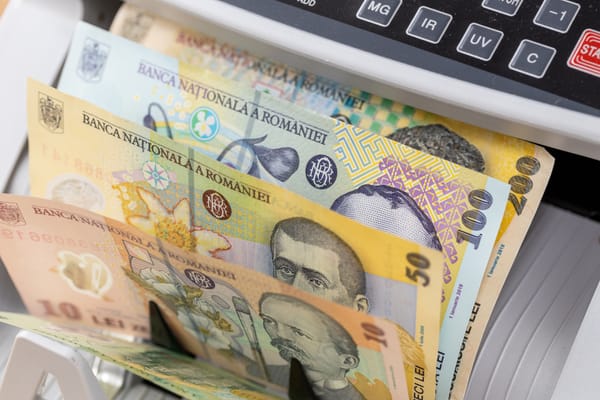
EU forecasts point to weak growth and slow deficit reduction in Romania
Romania is projected to see modest growth and a gradual narrowing of the budget deficit over the next three years.
A collection of 163 posts

Romania is projected to see modest growth and a gradual narrowing of the budget deficit over the next three years.
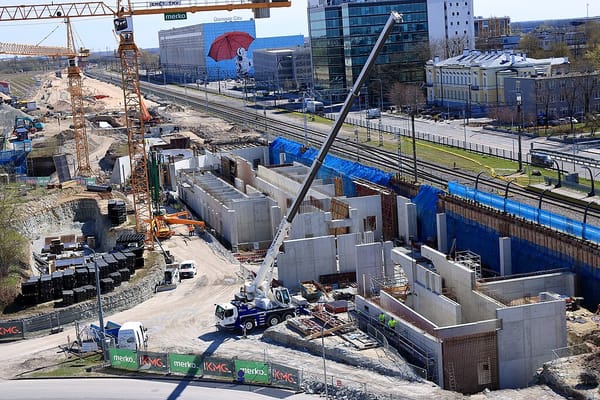
RB is the largest infrastructure project in the Baltics since independence, designed to connect Tallinn, north Estonia, Riga, north Latvia, and Vilnius, south-east Lithuania, to the European standard-gauge network. The railway has also been described as a NATO corridor.
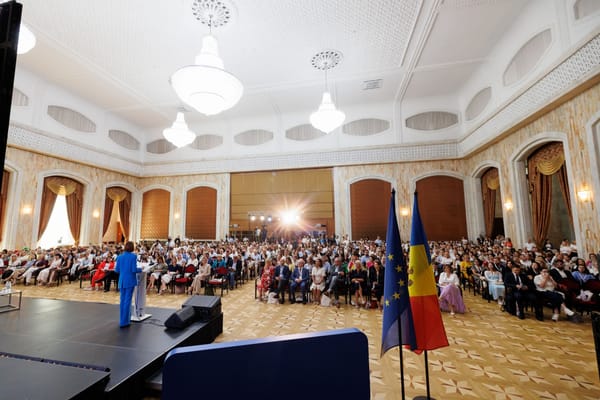
If the EU decides to approach Moldova separately, it would depart from recent EU practice of advancing Moldova, Ukraine and Georgia as a group under the "Association Trio" framework.

“For Europe, analysis of the historical data shows that a 1% drop in geopolitical alignment is associated with a corresponding 1% decline in trade intensity,” Deloitte observed.
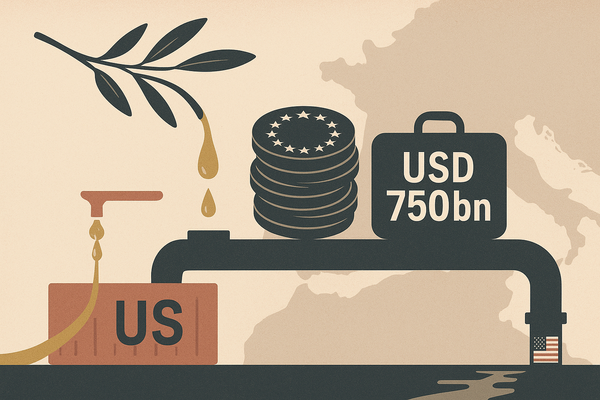
The World Bank forecasts regional growth of 3.1% in 2025, and finance ministries say cushioning the tariff shock will be essential to meeting that target. However, regional industry groups are warning of mounting pressure on Balkan economies.
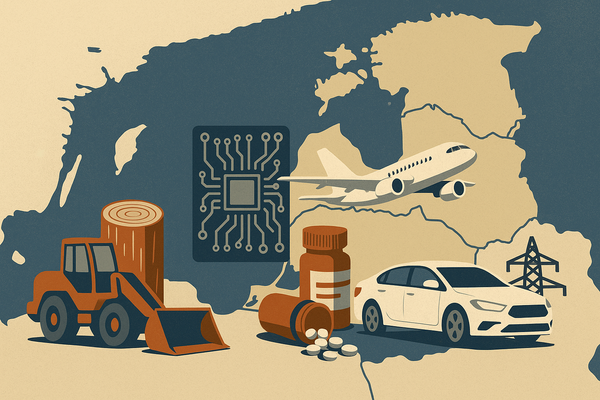
Brussels‑based think tank Bruegel estimates that the average US tariff on EU goods will rise to 15.2%. Although that average masks significant differences - it underscores the new baseline confronting Baltic exporters.

“I carried out my duties in good faith, but I cannot allow this situation to paralyse the work of the government,” Paluckas told members of the press after tendering his resignation in Vilnius, south-east Lithuania.

Romania’s 2024 presidential elections marked the first instance of a national vote annulled due to foreign interference within the EU, the European Commission noted. The episode has triggered renewed calls in the EU and NATO for enhanced cybersecurity capacity and democratic resilience across CEE.
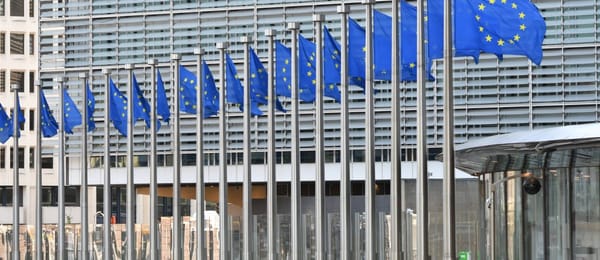
The EC is expected to present the proposal formally as part of its mid-term budget review later this year. The plan must be approved unanimously by all 27 member states and endorsed by the European Parliament. Opposition is expected from net contributor countries and regions facing cuts.
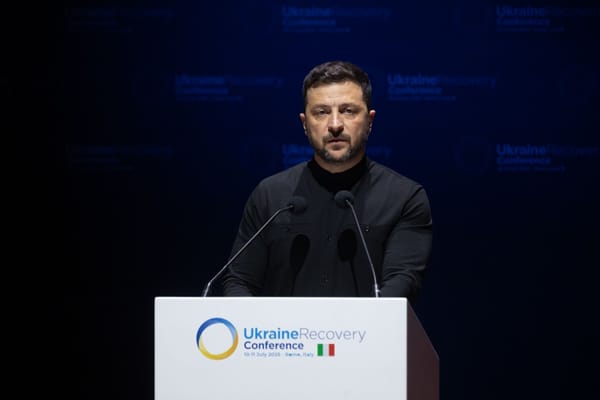
CEE contributions include cross-border logistics, public-private coordination platforms, and green recovery initiatives. Regional forums such as the Three Seas Initiative are also expected to play a larger role in financing and implementation.
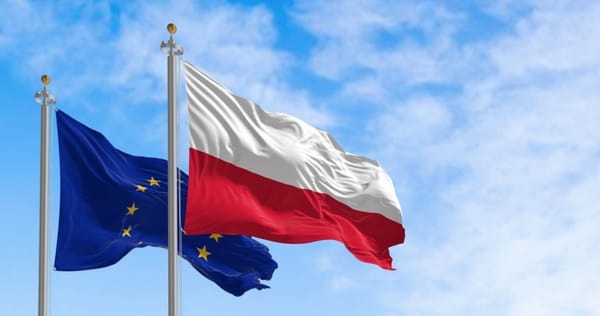
The European Commission (EC) published long-term budget allocation plans on 17 July, showing Poland set to receive the highest national allocation under the 2028-34 Multiannual Financial Framework (MFF), totalling EUR 123.3bn.
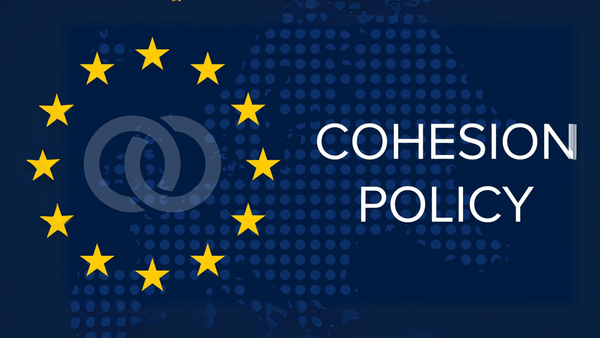
The signatories, including Poland, Romania, Hungary, Bulgaria, Slovakia, Estonia, Latvia and Lithuania, said the policy’s “visibility and predictability” would be compromised if merged into a broader single investment fund.
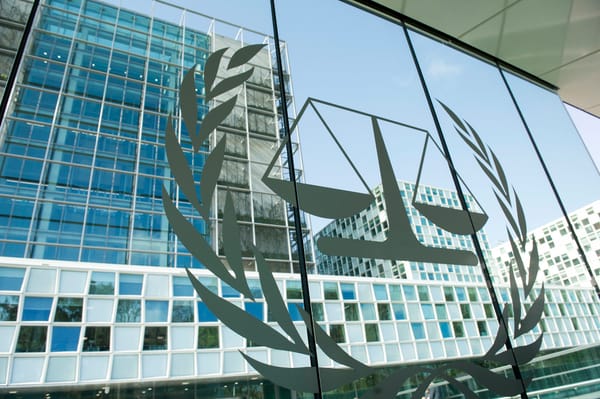
The withdrawal will take legal effect on 2 June 2026, making Hungary the first EU member state to exit the Rome Statute, which underpins the ICC’s jurisdiction to prosecute war crimes, crimes against humanity, and genocide.
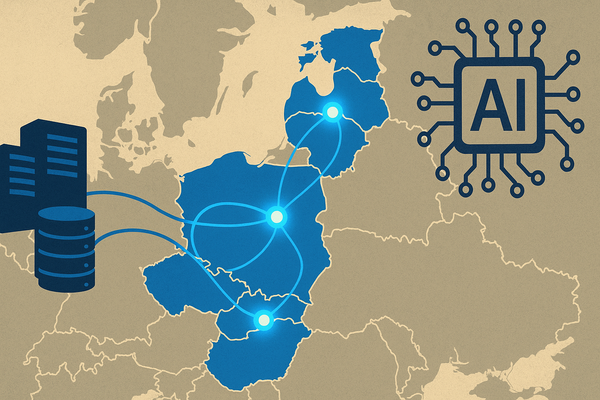
The InvestAI programme, presented by the European Commission president Ursula von der Leyen in September 2024, earmarked EUR 20bn. The Polish-Baltic consortium is one of the first regionally coordinated bids submitted under the framework.
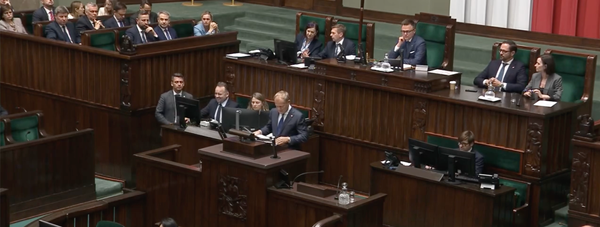
Tusk acknowledged the expected use of veto by President-elect Nawrocki, as did outgoing President Andrzej Duda during the first 18 months of the KO's term. The KO does not have the 3/5 supermajority, or 276 out of 460 seats, needed to overturn a presidential veto.c